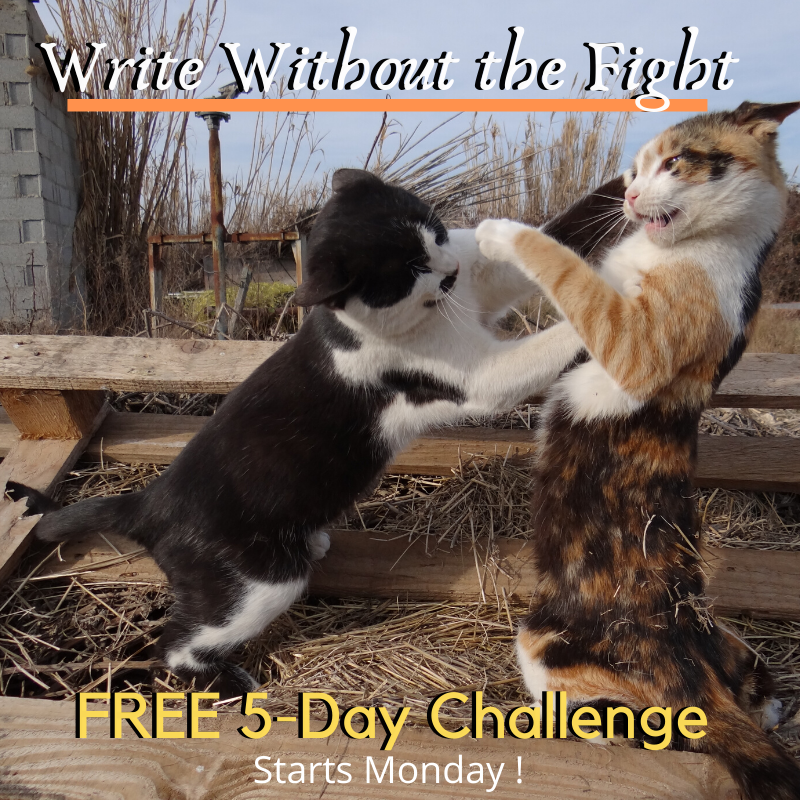It’s gained prominence as more big name writers lay claim to painful bouts with writer’s block – openly and without shame. Truman Capote, George RR Martin, Elizabeth Gilbert and more.
Sam Coleridge – who did most of his epic writing in his twenties – spent most of his adult life painfully “not writing,” as his journal entries (1804) reveal:
“so completely has a whole year passed, with scarcely the fruits of a month — O Sorrow and Shame … I have done nothing!”
Block is not limited to writers. Resistance to creativity is fairly universal. The vast majority of people – bankers, insurance brokers, real estate agents and brand manager – are fine with that. They don’t consider themselves “creative” and resisting creativity is, in their minds, how they succeed. Writers are not so lucky. We WANT to be writing. We feel it is our calling. We feel we should be writing the ideas in our heads.
Interestingly, it is our less creative pals in uncreative fields that have blazed a trail as to how to break through writer’s block. It seems unfair, since mostly, as I mentioned, they didn’t even care about being creative. Mostly they liked their conformist lives and incremental ideas. But capitalism runs on innovation, and profits required that our contented, business-casual-types amp it up, get creative, get outside their confining boxes and think up new stuff to sell.
So business invested in innovation and creativity research, and in the process, discovered ways to help people create, deliberately, consistently, and in some cases, against their will.
What’s new in Writer’s Block is a scientific approach to what has been held as a deeply emotional, and personal problem. Instead of seeking help, most writers blame themselves, consider themselves lazy, untalented, incapable or worse.
What’s new in Writer’s Block is assessments of how creative people think and what tools might help different kinds of creative thinkers.
What’s new in Writer’s Block is that every year people are entering the field of Creative Studies and graduating with degrees, armed to help people create more easily, more fruitfully.
What’s new in Writer’s Block is ME. I have my Masters in Creative Studies, and whereas my classmates are almost all serving corporate clients, I choose to bring this vital and liberating information to writers.
Come find out what’s new in Writer’s Block, beginning Monday 11/18 – sign up this week, and come join the FB Group beforehand. We’ll be talking about Writer’s Block…and what we can do about it!
